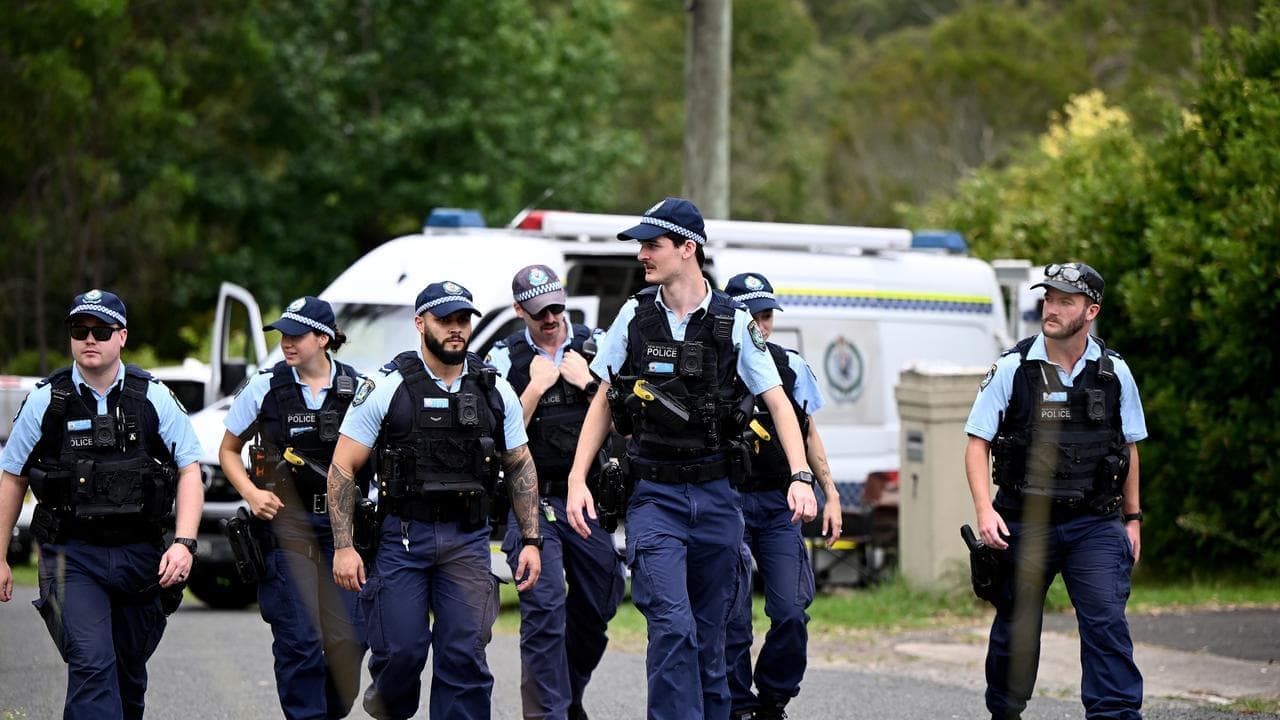WHAT WAS CLAIMED
The National Indigenous Australians Agency (NIAA) has proposed an 11-point plan it wants enacted if the voice to parliament is approved.
OUR VERDICT
Misleading. The NIAA has not proposed any such plan. The claim is based on an anonymous letter sent to One Nation leader Pauline Hanson.
Social media users claim a federal government agency has proposed an "11-point plan" of action it wants to push through if an Indigenous voice to parliament is established.
The claim is based on an anonymous letter sent to One Nation senator Pauline Hanson on March 15, 2023.
The author of the letter claims to have overheard a group discussing proposals in a Canberra cafe, before leaving behind notes on the supposed plan.
In his letter to the senator, he describes those involved as "first nations activists" and notes the cafe was near the National Indigenous Australians Agency (NIAA) office.

In a speech in the Senate (page 130), Senator Hanson takes this further, claiming the proposals in the notes came from a "group of NIAA staff".
Several social media posts then take this even further, omitting details of where the supposed notes were found and how they became public, examples here and here.
Instead, they claim it is an 11-point plan "proposed for the VOICE by the National Indigenous Australians Agency (NIAA)."
This is misleading. The NIAA has produced no such proposal and the organisation has denied any knowledge of the document or its contents.
The only evidence that the document even exists is the anonymous letter detailing its alleged contents that was sent to Senator Hanson.
The so-called plan, titled "Early action/Opportunities for the Voice", was allegedly found handwritten on paper in the cafe in November 2022.

The anonymous person who claims to have found it, sent it to the senator several months later.
Among its 11 opportunities for a post-voice Australia include no university fees for Indigenous people, non-Indigenous people being charged to access beaches and national parks, 50 per cent income tax cuts for Indigenous people and Indigenous people getting first preference for vacant public housing.
AAP FactCheck contacted Senator Hanson to ask if there was any further evidence linking the "plan" to the NIAA, other than the cafe's proximity to its headquarters.
A representative said they had not received the actual hand-written document or photographic evidence of it. He added that they had been unable to follow up with the member of the public as he'd chosen to remain anonymous.

He added: "We receive dozens of anonymous letters each week which get filed in the bin, however this one was different.
"That the NIAA is the agency which has carriage of the voice and how it works, that there is a push for earlier indigenous eligibility for the aged pension already underway, and that beach access in Australia is already being restricted by native title, were all points that were considered before Senator Hanson spoke in Parliament about the letter."
The NIAA is a federal government agency responsible for service delivery and policy development on issues relating to Indigenous Australians.
The agency told AAP FactCheck the list had nothing to do with its work.
"The 11-point plan on 'Early Action / Opportunities for the Voice' is not written by the National Indigenous Australians Agency (NIAA). NIAA has no knowledge of the origin of the plan," a representative said in an email.

"The Aboriginal and Torres Strait Islander Voice, as per the set of principles stated on the Voice website, would be independent of government and provide advice to the Australian government and Parliament on matters that affect First Nations people. It would not have a program delivery function, or a veto power."
The NIAA's work regarding the voice to parliament includes supporting the referendum's working groups and maintaining the government's website for the voice.
While it is not possible to definitively rule out the involvement of NIAA staff in the supposed document, the organisation has not proposed any such plan and denies any knowledge of the document.
The only evidence a plan even exists comes from the anonymous letter. However, the letter does not provide any photographic evidence or a copy of the supposed hand-written original.
It is therefore misleading to claim the NIAA has proposed an 11-point plan.
AAP FactCheck has addressed other claims about the voice here, here, here and here.
The Verdict
The claim the NIAA has proposed an "11-point plan" that it wants to enact if a voice to parliament is established is misleading.
While it is not possible to definitively rule out involvement of NIAA staff in the supposed document, the organisation has not proposed any such plan and denies any knowledge of the document.
There isn't even solid evidence the proposed plan exists. It is based on an anonymous letter and there is no visual evidence of the original hand-written plan.
Misleading – The claim is accurate in parts but information has also been presented incorrectly, out of context or omitted.
AAP FactCheck is an accredited member of the International Fact-Checking Network. To keep up with our latest fact checks, follow us on Facebook, Twitter and Instagram.












